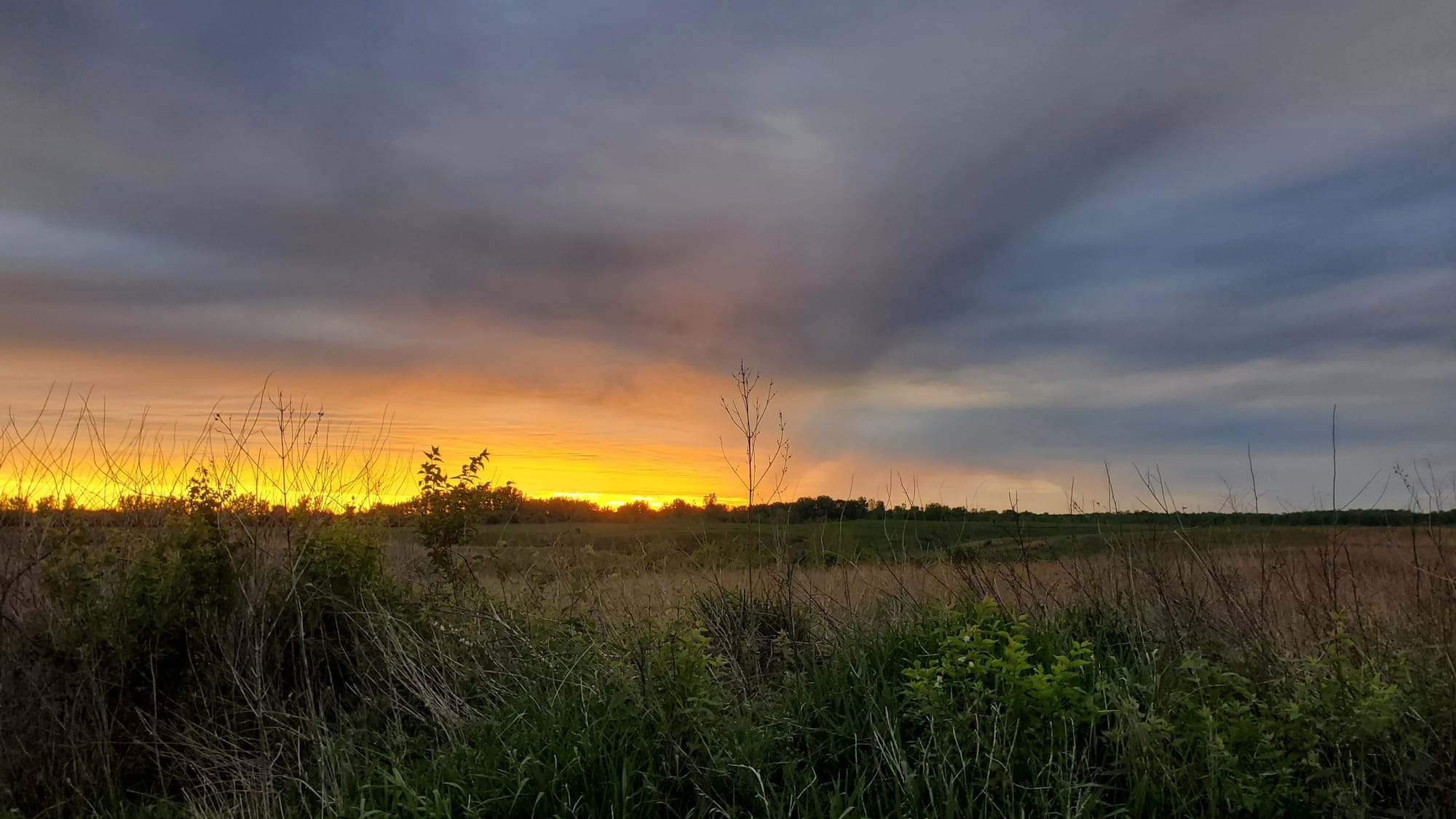When Do People Engage in Spiritual Direction?

When the Covid pandemic first shut down the world, though I was heartbroken for those most impacted, in my own role as a religious professional, I felt initially like I could meet the moment. There was plenty to keep me occupied – the shift to all-online or home-delivered worship and faith formation had to happen almost instantaneously, and the creativity and learning required were satisfying in many ways, especially as I undertook it with colleagues with a shared sense of purpose. As the shutdown and its aftermath dragged on, however, the urgency and constancy of our response began to wear, especially as uncertainties and anxieties at my workplace began to build. Like many around me, I felt myself increasingly challenged – and the larger social and political context of the pandemic also wore steadily on my psyche. Though I had been active in my faith movement since childhood and had counted on our guiding principles and values over a lifetime, I could feel how my prior habits of faith were insufficient to the moment. Daily walks with my beloved partner, once restorative, increasingly became venting sessions – and more worrisome, the venting escalated and did not bring relief. As I felt the burnout in me deepen, I sought new sources of replenishment for my spirit. I happened into spiritual direction almost by accident. The sustained attention and support given to me in that moment felt extravagant, abundant, and sustaining. It answered a thirst in me much older than the shutdown that I hadn’t even realized I had.
If we’ve never sought guidance from a spiritual companion, it may be challenging to imagine circumstances in which we might do so. While there are identifiable trends in what brings folks into conversation with a skilled and compassionate professional – job loss or transition, retirement, caregiver fatigue, extended illness, grief, marginalization and oppression, addiction recovery – I’d say these events are not so much the cause as the context. I think the most common impetus is that whatever may have happened to us, we find our previous sources of faith (assuming we had these) to be inadequate or out of reach for us. This is often what prompts us to consider: is my faith, are my spiritual practices, actually working for me? Or do I need to seek new ways of knowing, experiencing, or understanding the Divine? Or sometimes we seek the experience of spiritual direction simply because we see we are entering a time or path where we know we will be mightily challenged, and we seek a grounding to help ready and steady us.
I call the work I do with clients spiritual exploration, salvage, and formation, because this is the work I have myself done over the course of a lifetime. Sometimes we seek new pathways, sometimes we find what’s salvageable, even precious, from our prior spiritual history – and often, in so engaging in this work, we form new or renewed ways of being, and new sources of our faith. So many of us have encountered or been expressly taught ideas that purported to be faithful, to represent the Divine, but in actuality were harmful to our soul or spirit – or even our very body. Clinging to ideas that harm us is in no way faithful to God, however we may name or understand God, and freeing ourselves from such ideas may be integral to the work of outward worship, let alone self-care for the inner divine.
That said, we needn’t throw out what we have loved about where we have been. Indeed, it’s important to notice the parts of us that emerged at various points on our spiritual journey – we are likely to find there versions of self that we love, or need to preserve for the road ahead. To engage this work at all, it’s important first to bring to consciousness prior histories we may have forgotten, or even deliberately buried. For this kind of work, a skilled guide and sounding board is often helpful.
The chief test is really, does an idea or practice help us to be more fully ourselves, more fully and authentically in relationship with our neighbors and loved ones, a more faithful steward of what has been granted us in this one precious life known to us? Does it help us to know joy, and to share it? To be more fully alive? If it does, our path may be simply to embrace it more fully. And if not, to ask ourselves: what else might?
To make an appointment for your initial free consultation with Mary Shelden, use the contact form here: www.earthlygoodness.one/contact/